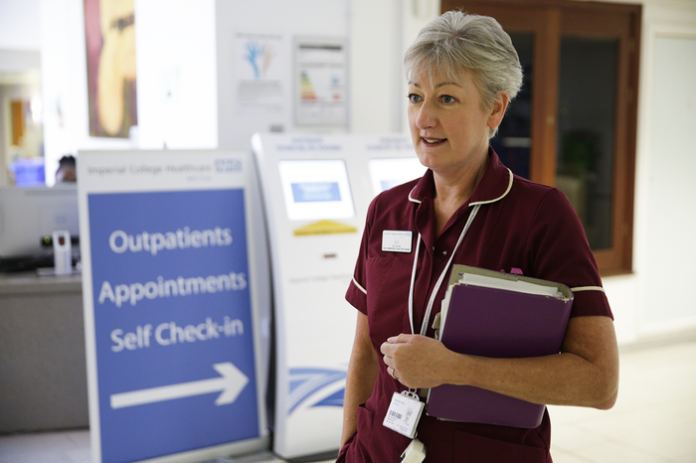More than half of British adults cannot name any symptom of blood cancer despite it being the third biggest cancer killer in the UK, according to new poll released today
When people were asked to spontaneously list what they thought were common signs of blood cancer, the charity survey found more than half (56%) said they did not know any – up from 52% of respondents asked the same question in 2018.
Only 1% of the 2,035 adults polled correctly identified having a fever as a sign of the disease, and just 3% named breathlessness. With breathlessness, a fever and tiredness as symptoms of new cases of blood cancer, many cases could be confused with Covid-19 and left undiagnosed.
Awareness of other symptoms has stayed roughly the same since 2018. Just under a third (30%) of survey respondents knew that fatigue was a common symptom, while more than one in 10 correctly identified bruising (11%) and weight loss (10%) as signs. Recall of other common symptoms of blood cancer was even lower, with only one in 20 (5%) respondents identifying pain, 2% citing repeated infections, and just 1% identifying lumps and night sweats.
The YouGov poll of more than 2,000 British adults was commissioned by our charity to mark Blood Cancer Awareness Month which runs annually from 1 September. The findings highlight an urgent need to raise public awareness of blood cancers.
One in 19 people will be diagnosed with blood cancer, which include leukaemia, lymphoma, and myeloma, at some point in their lives, and they kill more people every year in the UK than either breast or prostate cancer.
Kate Keightley, head of support services at Blood Cancer UK, said: “Sadly, symptoms such as fatigue, weight loss and night sweats can sometimes be dismissed or downplayed and the result can be devastating. During the height of the pandemic, we saw far fewer people being diagnosed with blood cancer, and one of the reasons for this could be that some of the symptoms of blood cancer are easily mistaken for Covid. It’s extremely worrying that public awareness that these could be signs of blood cancer continues to be so low.
“Getting diagnosed as early as possible can really help improve the success of treatment for a number of types of blood cancer. We’re concerned that the pandemic has put people off going to their GP and the impact this is having on catching cancer early. If you have symptoms that cannot be explained and are persistent, you should urgently make an appointment with your GP. While it is unlikely to be anything serious, it’s so important to get checked out.”







